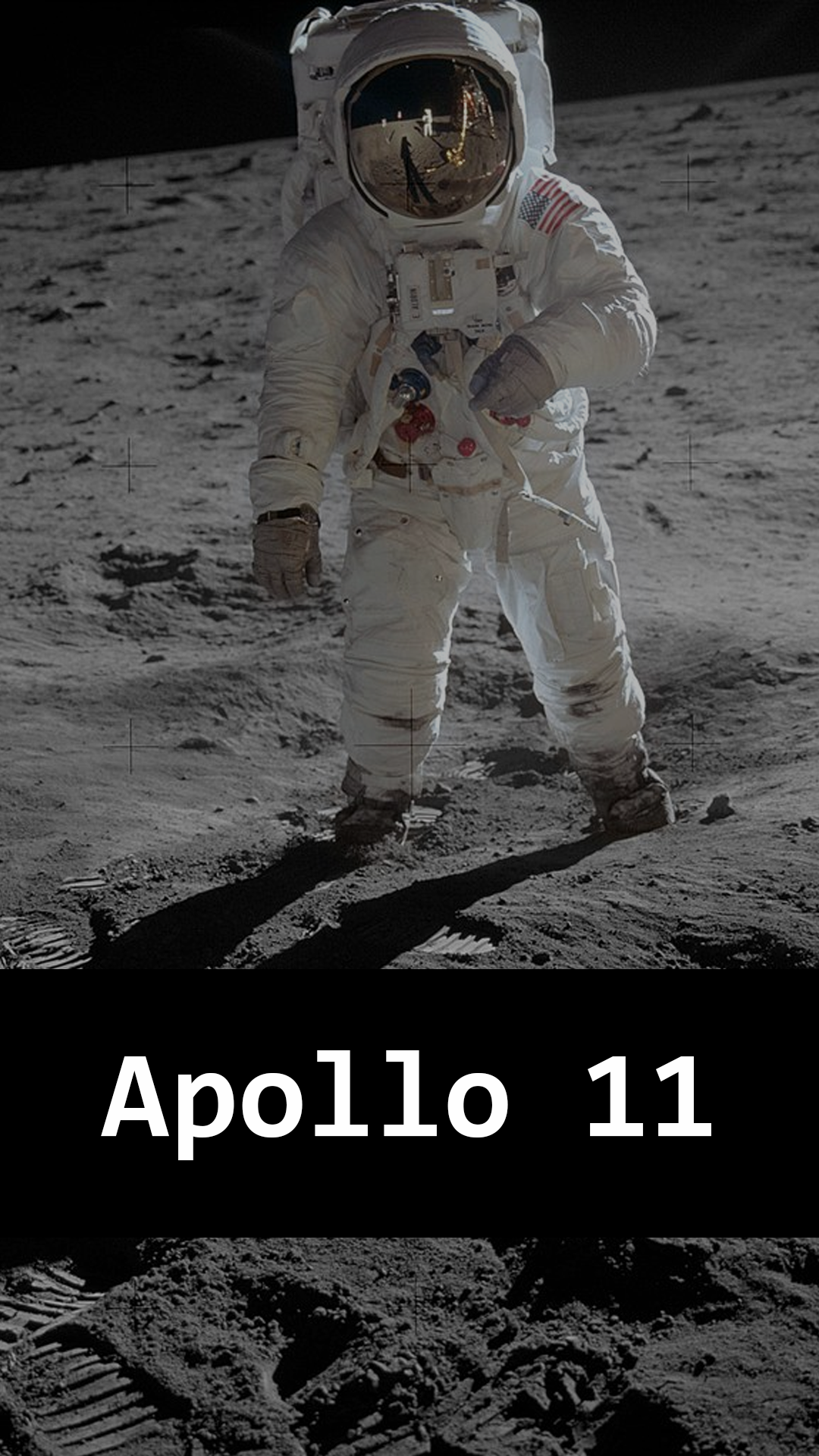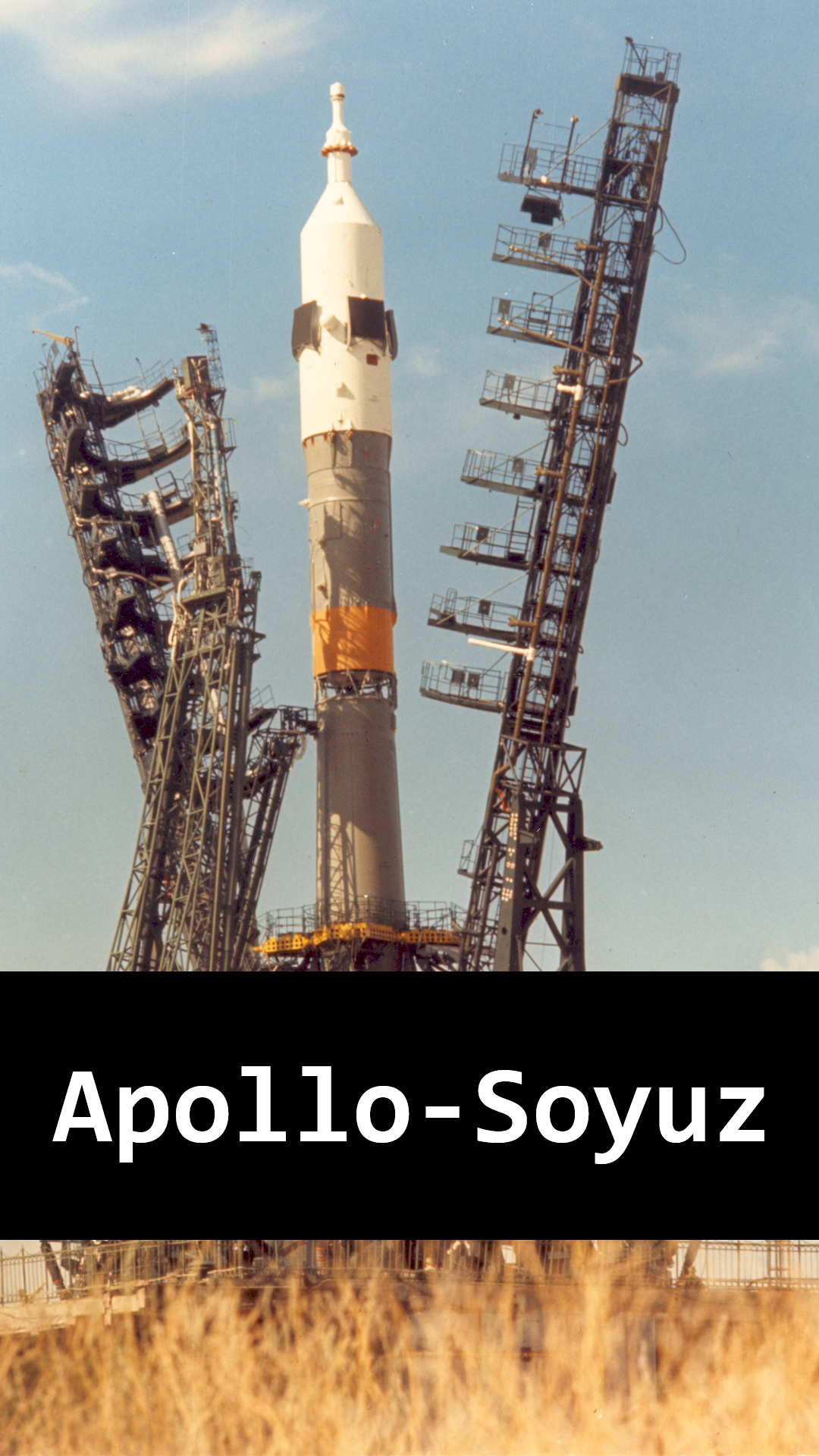

Throughout its history, space exploration has given us both successes and catastrophes. Space missions have been a part of some of humanity's greatest accomplishments and worst times, from the first human landing on the moon during Apollo 11 to the cooperative mission of the Apollo-Soyuz Test Project.
Apollo 11 was a tremendous success that showed the strength of technological innovation and human inventiveness. Michael Collins, Buzz Aldrin, and Neil Armstrong set off on a mission to the moon. Armstrong and Aldrin made history by becoming the first humans to step foot on the moon. It was a proud moment for our country and a demonstration of what we can achieve when we work together.
However, tragedies have also occurred on certain space journeys. Both the 1986 loss of the Space Shuttle Challenger and the 2003 loss of the Space Shuttle Columbia resulted in the tragic deaths of courageous men. These fatalities acted as a wake-up call to strengthen safety procedures and a reminder of the significant hazards associated with space exploration.
The Apollo-Soyuz Test Project was a brilliant example of how diplomacy and collaboration on a global scale can succeed. The combined operation between the US and the USSR showed that even nations with differing political beliefs may cooperate to achieve a shared objective. It set the path for further multinational space exploration partnerships.
The successes of space missions have encouraged us to keep expanding the bounds of what is possible despite the tragedies that have happened. We continue to look to the future with hope and optimism as we pay tribute to those who gave their lives in the sake of space exploration.
Listen to the "One Small Step" audio below!